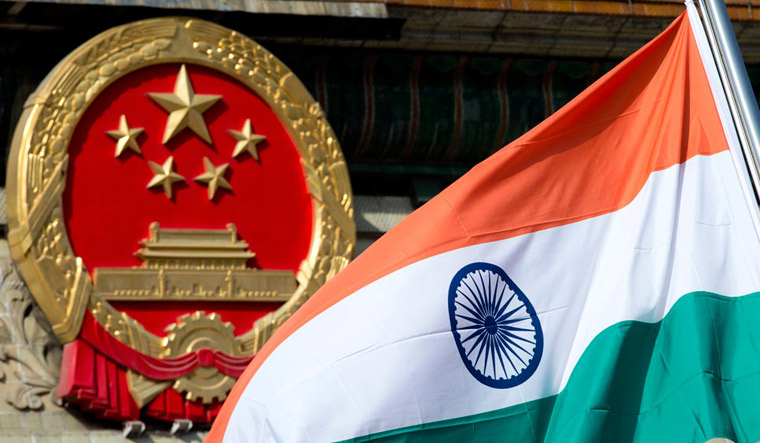India will have to deal with China with a lot of patience and sobriety, said Nirupama Rao, former foreign secretary and former Indian ambassador to China, adding that the future does not look very promising for India-China relationship.
Rao, who was speaking at an event organised by the Institute of Chinese Studies (ICS), agreed that the India-China ties, as we knew them since 1988, have come to an end on the night of June 15 during the bloody face-off between Indian and Chinese soldiers. Pointing towards the statements coming out of Chinese ministry of foreign affairs, Rao noted that even the language of Chinese diplomacy is that of hectoring—about China's greatness and the wrongs unleashed upon it by foreigners in the past.
Wang Yi, China's foreign minister, blames India for unilaterally changing the status quo; India, on the other hand talks of de-escalation and building trust. China doesn't see India as a friend or partner but as a strategic adversary, Rao said. According to her, India's strengthening of ties with the US is the motherlode of India's current relationship status, or end of it, with China.
“People may talk about abrogation of Article 370, or construction along the border (as triggers),'' she said, adding, but actually, it was the ties with the US, which was at the core of China's aggression towards India. Rao pointed out that the new China has an inflated sense of self and believes that its time has come on the world stage. It considers itself on par with the US.
Dealing with China, therefore, required a sober and calibrated diplomacy, she noted. Rao said India's partnership with the US is its most valuable asset at present, and that it was time for India to make the defence relations with the US more visible. Naval and maritime cooperation with the US and other partners, like Japan, Australia, the European Union, the UK, and the south east Asian countries is important, and India needs a more energised Look East policy, she added.
Rao, however, had a note of caution for an anti-China front that is unilaterally led by the US. She said that China's neighbours—India and South East Asia—had to deal with the country on a daily basis, and their inputs into such a front are essential and the US needs to build up on their support.
China has to be countered on several fronts, from trade to multilateral fora to diplomacy. She noted that while India has already begun to reassess its economic ties with China, India needs a pragmatic approach in this. Our trade relations are grossly imbalanced, and the growth of Chinese investments in India since 2014 has changed the nature of out trade relationship, she said.
Rao also stressed that India needed to be prepared to take on Chinese aggression. She said of the 73 proposed roads near the LAC in the western sector, 62 are already completed, and the rest need to be taken up on a mission mode. China today is more capable in terms on intelligence and Surveillance and Reconnaissance (ICR), and India has to build up these capacities, she added.



